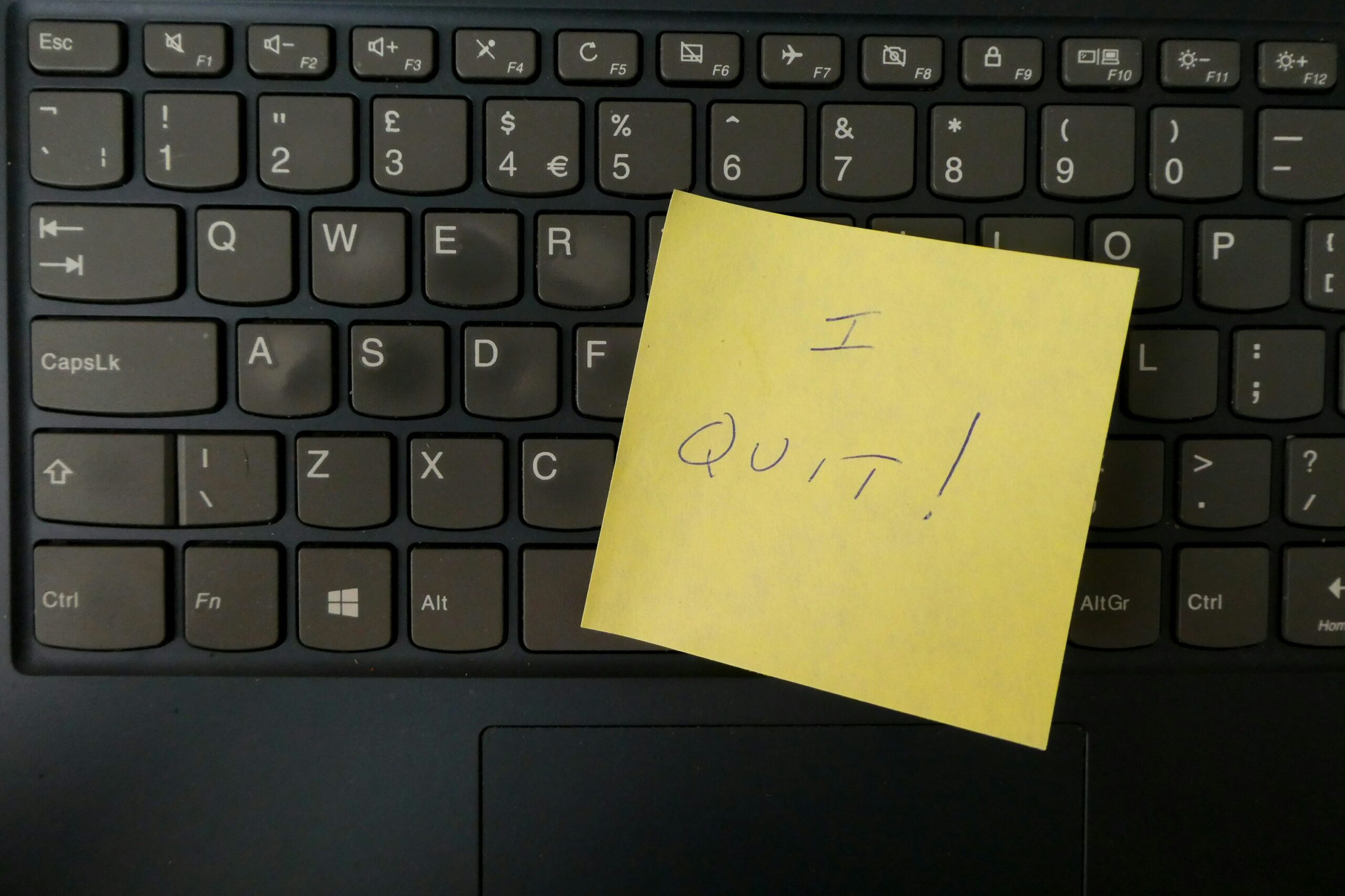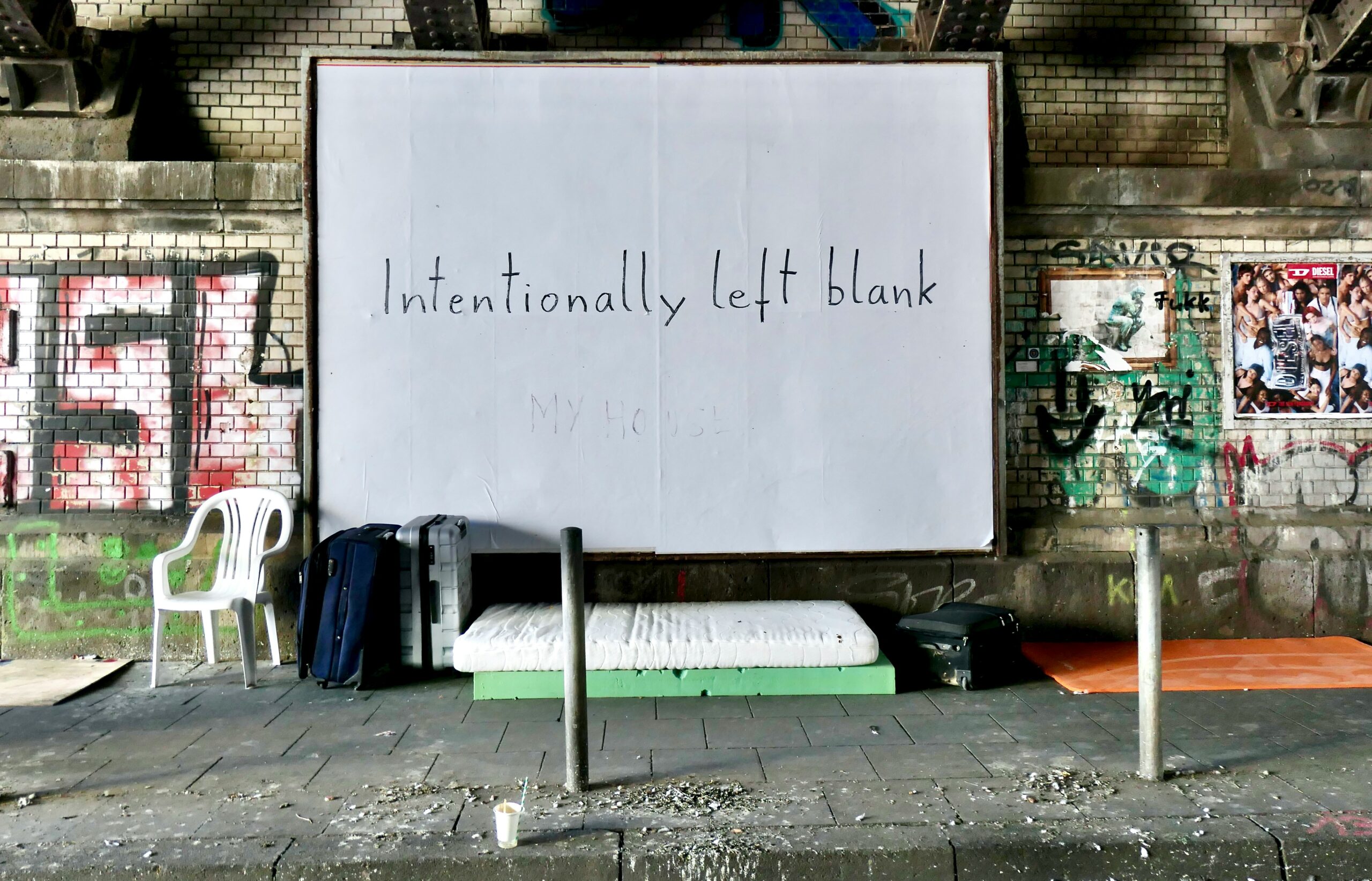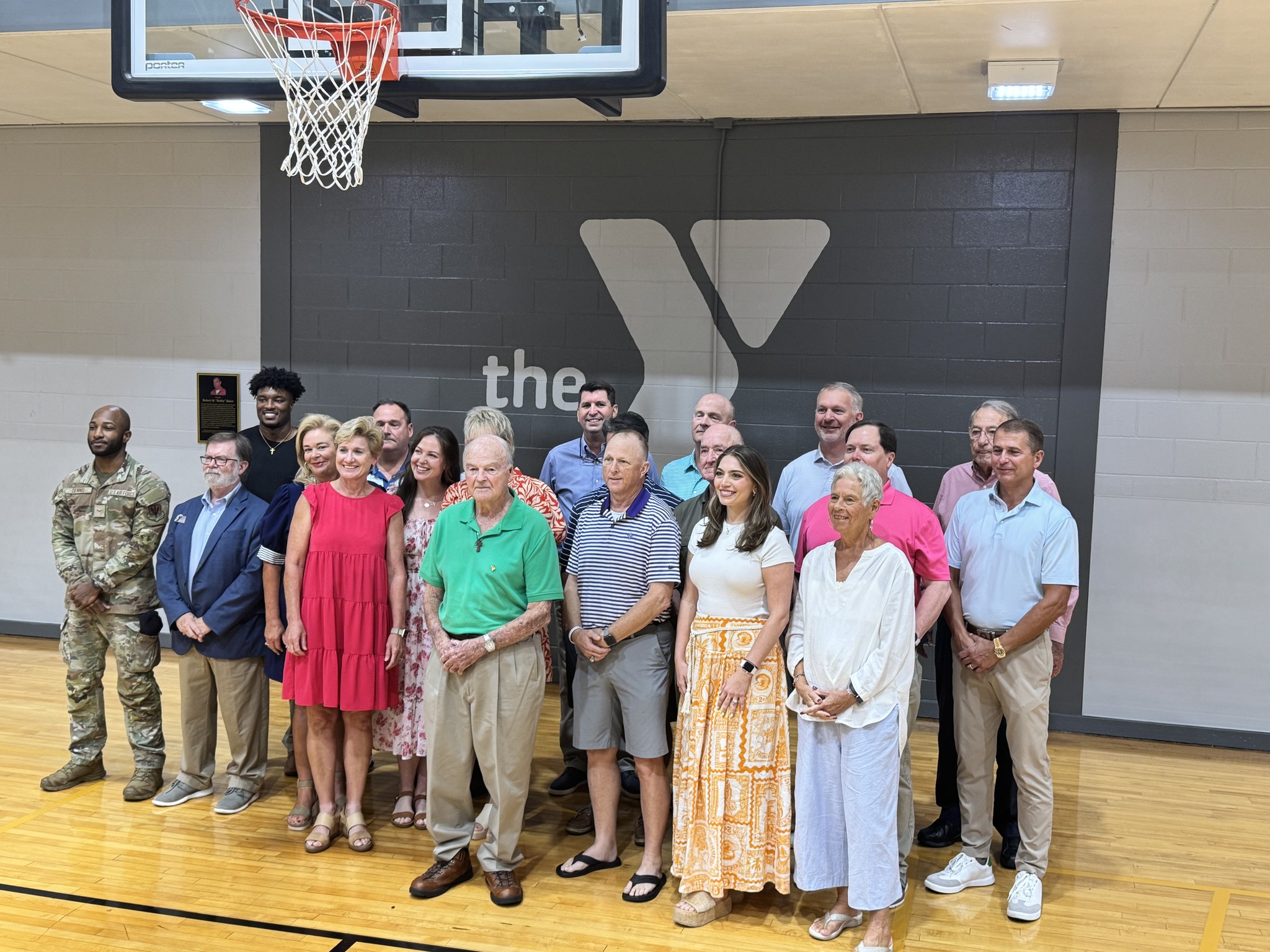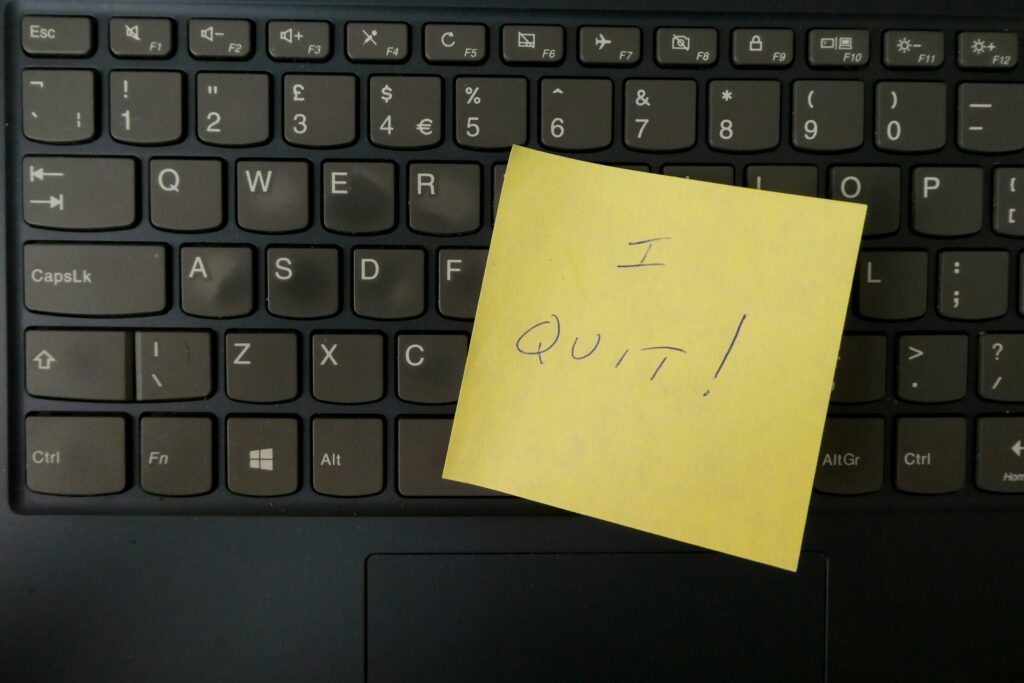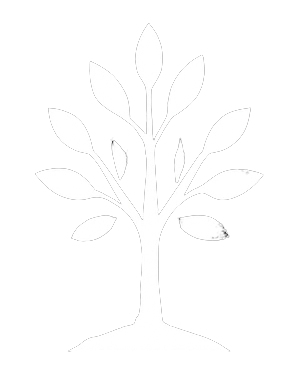Every day, we stand at countless crossroads and our minds are constantly making
decisions – big and small. In fact, research suggests we make tens of thousands of
choices each day – one estimate even cites about 35,000 decisions per day for the
average adult. Stephen Covey is quoted as saying “We are the creative force of our life,
and through our own decisions rather than our conditions, if we carefully learn to do
certain things, we can accomplish those goals.” Psychologists like Barry Schwartz
argue that while modern life offers unprecedented freedom, the sheer magnitude of
options can leave us more anxious, not freer. In short, every choice matters – and so
does how we make them.
Common Pitfalls: When Decision-Making Struggles
Despite our best intentions, well-intentioned decision-making can hit snags. Decision
fatigue (the concept of too many decisions for your mind to handle) sets in when you’ve
made many choices, leaving you drained and prone to mistakes. You may procrastinate
(“I’ll decide later”), rush through without thinking (“just get it done!”), or spiral into
paralysis-by-analysis mode – overthinking a problem until making any choice feels
impossible. For example, choosing a career path or a life partner (high-stakes areas
highlighted by experts) can be paralyzing because of the fear of the unknown.
There are also invisible traps. Our minds use mental shortcuts to speed decisions, but
these can be problematic. For instance, we might favor the first option we saw or stick
with the status quo even if a better path exists. We may selectively notice information
that supports our hope or overvalue the best-case outcomes. These subconscious
errors mean we’re not always perfectly rational and realizing this is step one.
In short, decision-making has its perils: too many options, too much information, and
well-meaning fears can slow us down. Even the best leaders struggle with this.
Recognizing these pitfalls—analysis paralysis, decision fatigue, and bias—is the first
step to smarter choices and gaining wisdom.
Strategies for Confident Decisions
The good news? Gaining wisdom by making more informed, effective decisions is
a skill you can enhance. Here are practical, science-backed strategies to gain
confidence:
● Clarify your values and goals. Decision-making becomes much easier when
you know what matters most. As one leader quipped, “Decision making is easy
when your values are clear.” Spend time defining your priorities – career growth,
work–life balance, learning new skills, etc.
● Set decision deadlines. Give yourself a clear timeline. Research shows that
open-ended pondering often prolongs anxiety. Instead, pick a cut-off time
(“Decide by Friday noon”) and stick to it. A time limit forces action.
● Limit your options. Too many choices can overwhelm. If possible, narrow
options to a top 3–5 by preliminary criteria. In our multitude of job relocations
over the years, when we would look for housing, we used the “rule of 3”, meaning
that we could only keep 3 viable housing options open for discussion at any time.
If we saw a 4 th house we liked, we had to either discard it or discard one of the
other 3 so as to limit our options and eliminate information overload.
● List pros and cons (with a twist). For big decisions, a quick pros-and-cons list
is classic. To avoid endless detail, try the “two-column rule”: list only 3 pros and 3
cons. This keeps it manageable. Some coaches also suggest “pre-mortems”:
imagine it’s a year later and the decision failed, then brainstorm reasons why.
This can reveal hidden pitfalls.
● Trust both logic and intuition. Gather key facts but recognize when to listen to
your gut. Intuition often reflects subtle learning and past experience. One study
even showed that over-analyzing a simple drawing task made people perform
worse, as extra thinking increased brain activity and errors. In practice, once
you’ve done due diligence, honor any strong leanings and proceed rather than
overthinking.
● Take small steps. Break big decisions into experiments or mini choices. For
example, if unsure about a career change, try an online course or talk to a
mentor before fully committing. Each small action gives new data, reduces fear,
and builds momentum.
● Reflect and learn. After decisions, review the outcome. Ask yourself: what
worked, what didn’t, and why? Learning this way builds wisdom for next time.
Remember Dr. Seuss’s take: “When something bad happens you have three
choices: You can let it define you, let it destroy you, or you can let it strengthen
you”. Framing setbacks as lessons turns every decision (right or wrong) into
growth.
By practicing these steps regularly, you turn decision-making from a dreaded chore into
an opportunity to gain wisdom.
Conclusion: Your Choices, Your Voice
Decision-making might never be effortless, but it gets easier with practice and
perspective. Each choice – big or small – is a vote for the life you want. By
understanding common pitfalls, applying clear strategies, and embracing a learning
mindset, you turn choices into stepping stones rather than stumbling blocks and over
time gain wisdom and create the life YOUR worth living abundantly.



